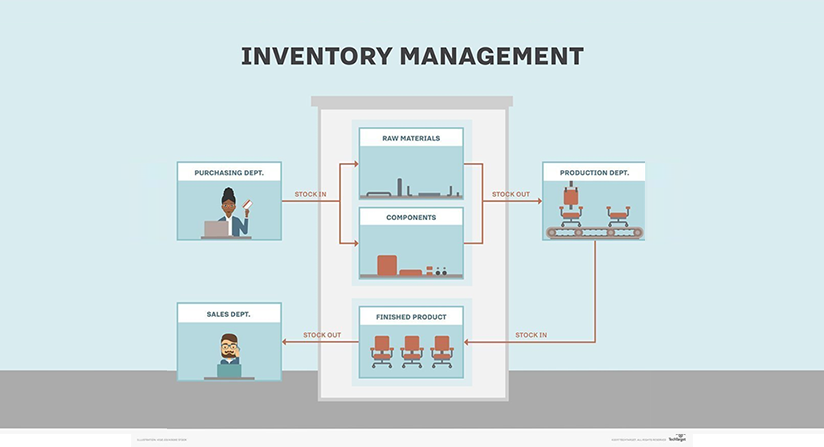EDI (Electronic Data Interchange) enables the electronic transfer of business information between trading partners (B2B) through a standardized format. EDI technology has been around for roughly 50 years, originally developed by the U.S. transportation industry to standardize electronic transactions between vendors and customers. This highly efficient process is entirely paperless and requires no human participation, saving businesses countless dollars through the elimination of repetitive cost, labor, and time-intensive tasks such as purchasing, printing, processing, and delivery of paper documents. Incorporating EDI not only saves time and money across industries and throughout the supply chain, its paperless process significantly reduces a business’s environmental footprint.
EDI benefits supply chain management by facilitating the transfer of a wide range of documents such as bills of lading, customs documents, inventory documents, shipping status documents, and payment information documents.
Here are some of the most common documents that EDI facilitates in the supply chain:
- Orders
- Order Acknowledgements
- Order Amendments
- Shipment Notifications
- Invoices
- Remittance Advice
- Requests for Routing Instructions
- Routing Instructions
- Organizational Relationships
- Commission Sales Reports
- Planning Schedules with Release Capability
- Price/Sales Catalogs
- Requests for Quotation
- Specifications/Technical Information
While EDI is the industry standard in large-scale, B2B transactions, more and more SMEs are reaping the benefits of this technology as well, due to the cost savings and increased access to larger-scale suppliers who are already using EDI.
Benefits of EDI for Supply Chain Management
Let’s review a few of the most compelling benefits that EDI delivers to the supply chain:
Instant Exchange of Documents / Real-time Transactions
Information can be exchanged and transactions executed in real-time between trading partners, eliminating redundant, time-consuming, and error-prone tasks from the equation.
No Human Intervention Means Greater Accuracy
Here’s a simple truth – when humans input data or handle documents, the risk of errors entering the equation increases exponentially. EDI eliminates those risks since all information is exchanged electronically, meaning that orders submitted through EDI are accurate and that ensures faster confirmation.
Cost and Time Savings
In the B2B universe, slow, paper-driven processes result in much higher costs and additional time required for trading partners to conduct their business. Typical repetitive tasks that apply to the processing of paper documents such as printing, copying, delivering, filing, storage, and postage, to name a few, are eliminated when you upgrade to an EDI solution. The reduction of these tasks yields tremendous savings in time and money. It’s often the difference between taking seconds to complete a transaction with EDI compared to possibly an hour or more for the same task with a paper-driven procedure. And that adds up over time.
Reduced Waste = “Greener” Business Practices
EDI offers an eco-friendly alternative to outdated paper-based processes that generate so much waste into the environment. Trees are saved and the planet rejoices.
Streamlined Communication Between Trading Partners Nets More Sales and Better Relationships
EDI streamlines not only transactions but all types of communications between trading partners, which nets more sales and enhances partner and customer relationships. For example, sales cycles are shortened, orders are taken and confirmed more rapidly and customers gain more confidence in your ability to deliver superior service.
Real-time Updates Ensure Peak Inventory Management
EDI has established a reputation for helping companies maintain optimal inventory levels, which ensures they can meet immediate demand as well as optimize stock levels for the future. Bolstered by access to real-time updates, businesses can use the latest information to set up benchmarks and alerts that promote optimal resource allocation and prevent shortages or excess inventory issues.
EDI Keeps Your Business Ahead of the Game
This blog has noted just a few of the most compelling advantages of EDI. The savings in time and money, the boost in sales and accuracy, and the enhancement to customer and partner relationships make EDI a strategy that should be seriously investigated by SME’s that haven’t yet committed to this technology.
EDI, with its global connectivity capabilities, also extends a company’s reach to a broader network of trading partners. And as more companies adopt this technology, their access to an ever-growing supply chain will skyrocket.
With EDI offering so many long-term advantages, isn’t it time to discover what EDI and ERP can do for your business? Get in touch with us to know the supply chain management benefits of EDI manufacturing technology.
Follow Us





